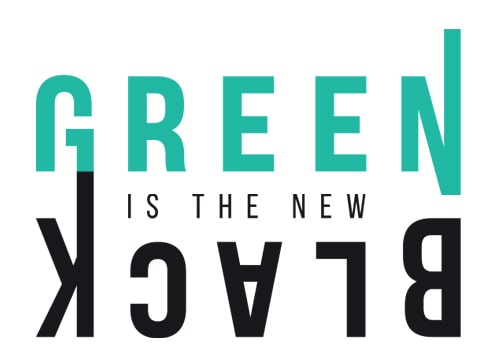
What do we mean when we talk about ‘waste’? Well, the official word is anything discarded after its primary use or is deemed worthless, defective or no use is waste. Which means it’s a broad spectrum covering everything from food, plastic and household items to electronic waste, heavy metals, and chemicals. And every year we ditch around 2.12 billion tonnes of waste globally. As the disposal of waste increasingly becomes a threat to human life and our environment, it’s clear we cannot continue along this path. Bottom line is, we must transition to a zero-waste approach.
Taking #LittleGreenSteps towards carbon neutrality will contribute towards the UN Sustainable Development Goal 12: Responsible Consumption & Production.

